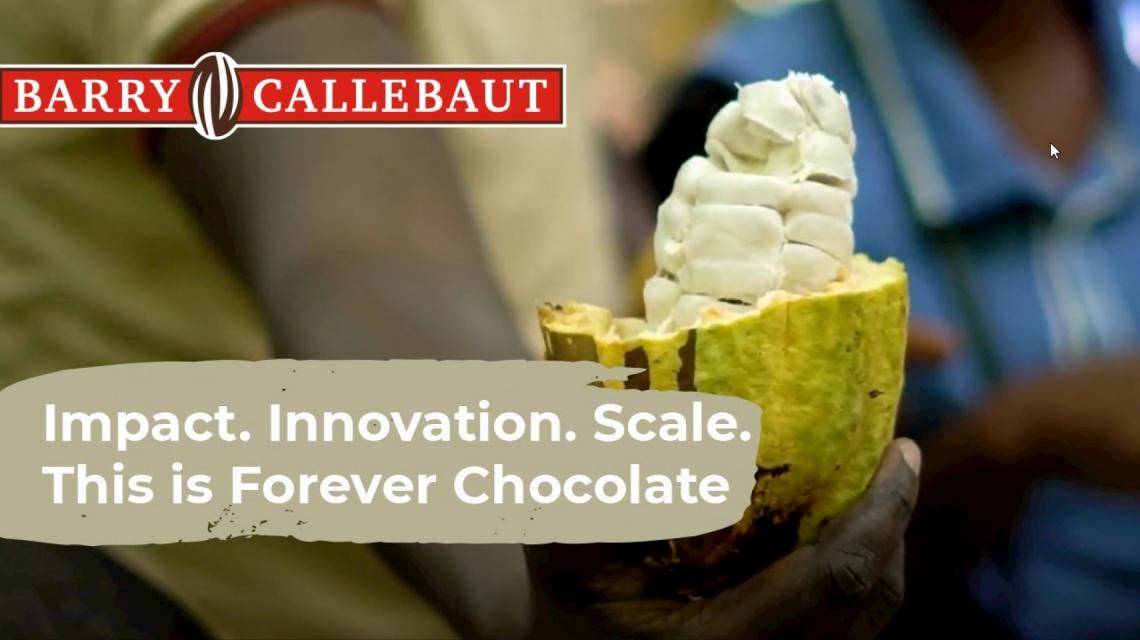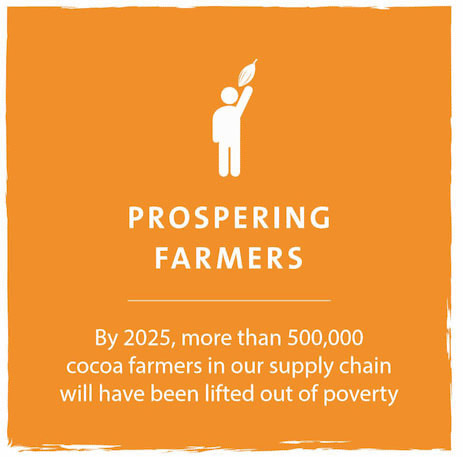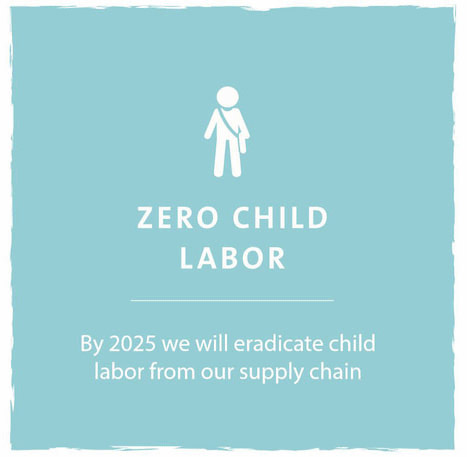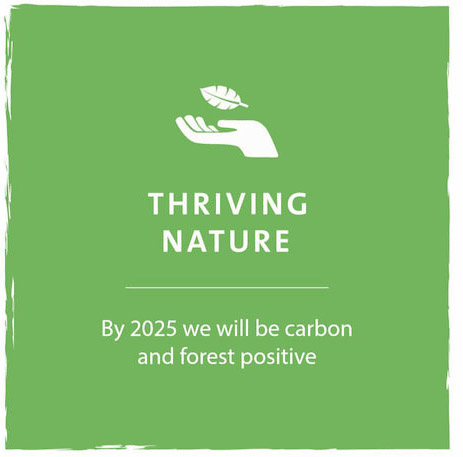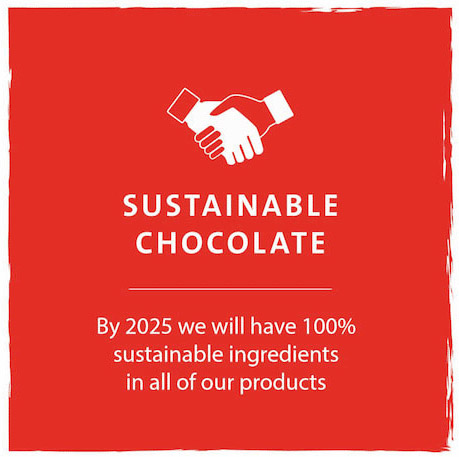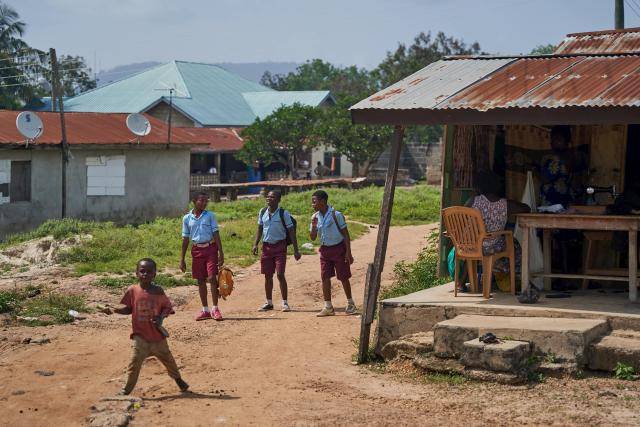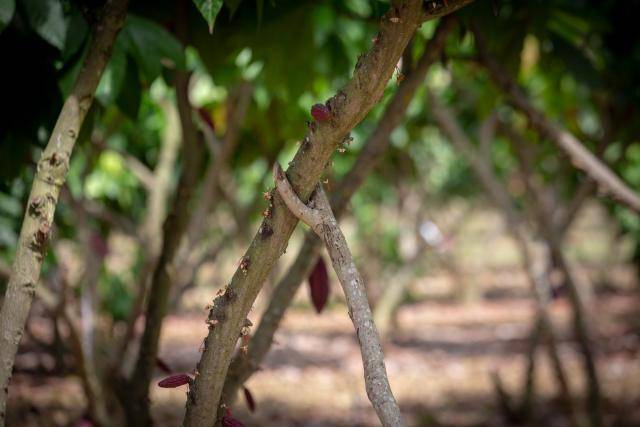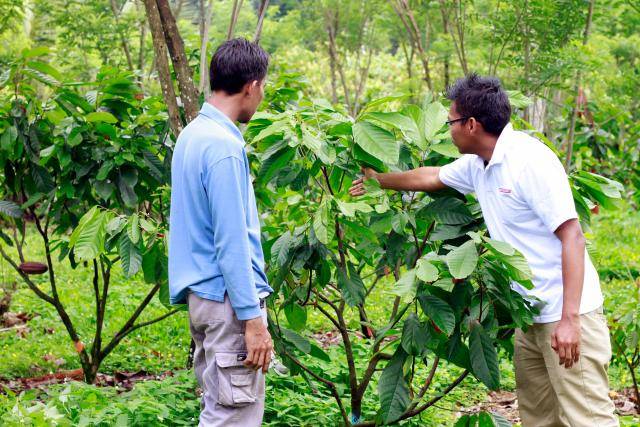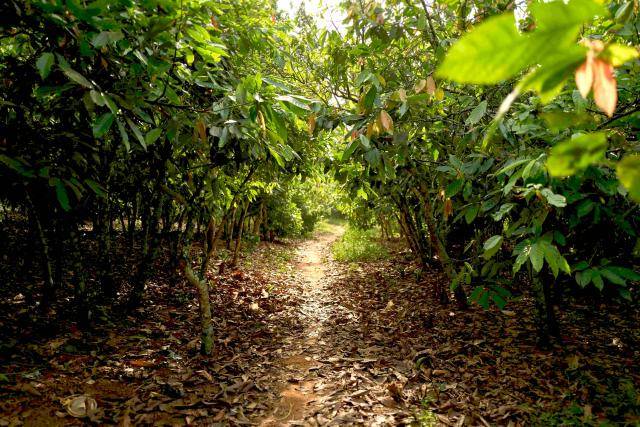Forever Chocolate Progress Report 2019/20
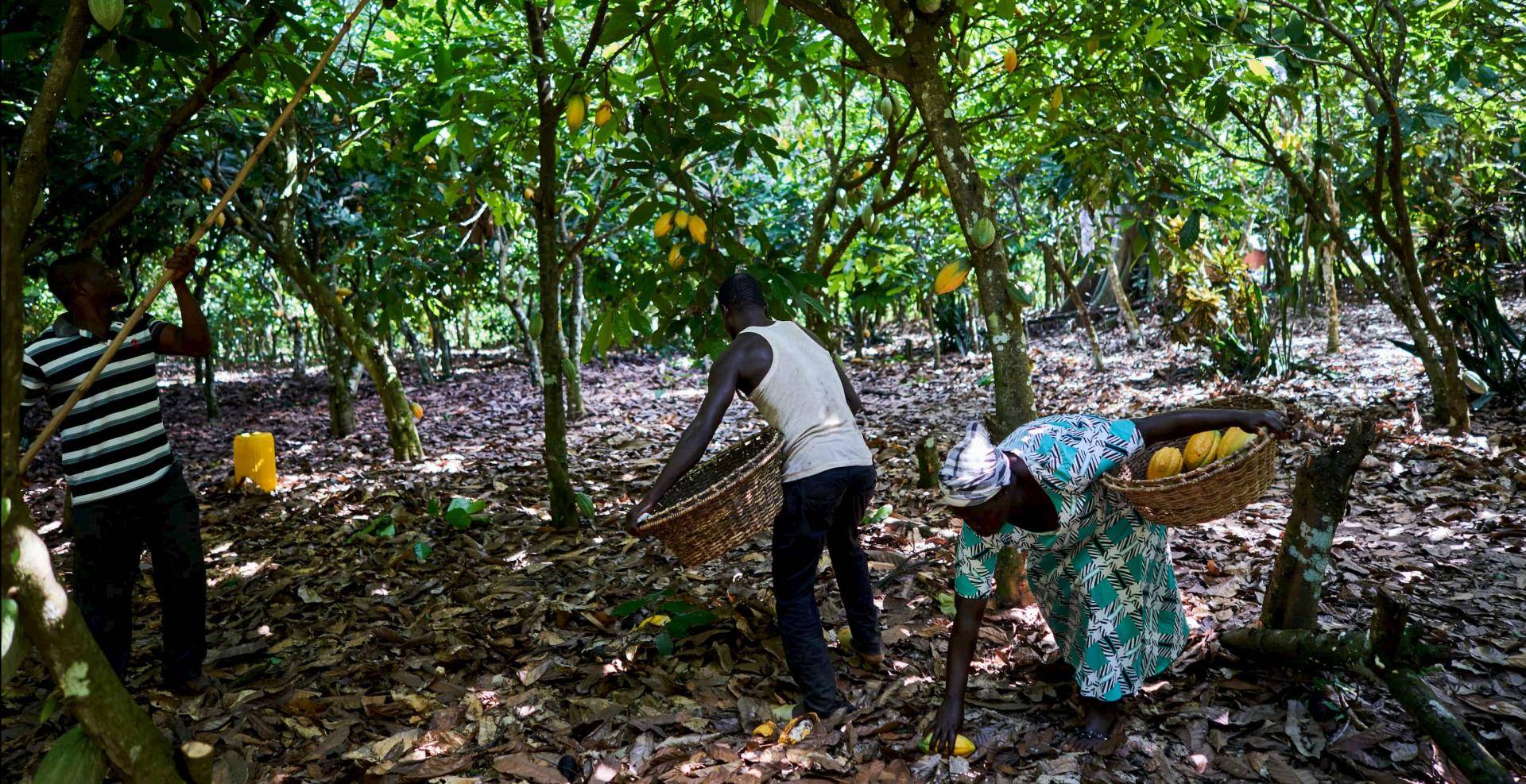
Forever Chocolate Progress Report 2019/20
Highlights
-
–8.1% reduction of our corporate carbon footprint
-
181,861 farms mapped on geographic and socio-economic data
-
94,946 cocoa farmers trained on child labor awareness
-
over 2 million cocoa seedlings and over 1.6 million shade trees distributed
-
61% of our non-cocoa ingredients are sustainably sourced

Message from the CEO
It is with great pleasure that I present to you our fourth Forever Chocolate Progress Report. We launched Forever Chocolate in 2016, and we have made since then great progress on our plan to make sustainable chocolate the norm by 2025. Now, more than ever, companies should invest in sustainable supply chains.
Despite the challenges of COVID-19 in 2019/20, thanks to the early adoption of precautionary measures and the dedication and teamwork of our employees, we continued to implement innovative projects. Our global Gourmet brands are now all sourcing 100% sustainable cocoa! By publicly disclosing our direct cocoa suppliers in Côte d’Ivoire, Ghana and Cameroon we have reached a new milestone in providing even greater transparency and traceability in our cocoa supply chain. We managed to reduce our corporate CO2 equivalent (CO2e) footprint by -8.1%, and we trained close to 95,000 cocoa farmers on child labor awareness. Whereas a lot remains to be done, these are some of the data points illustrating our tangible impact.
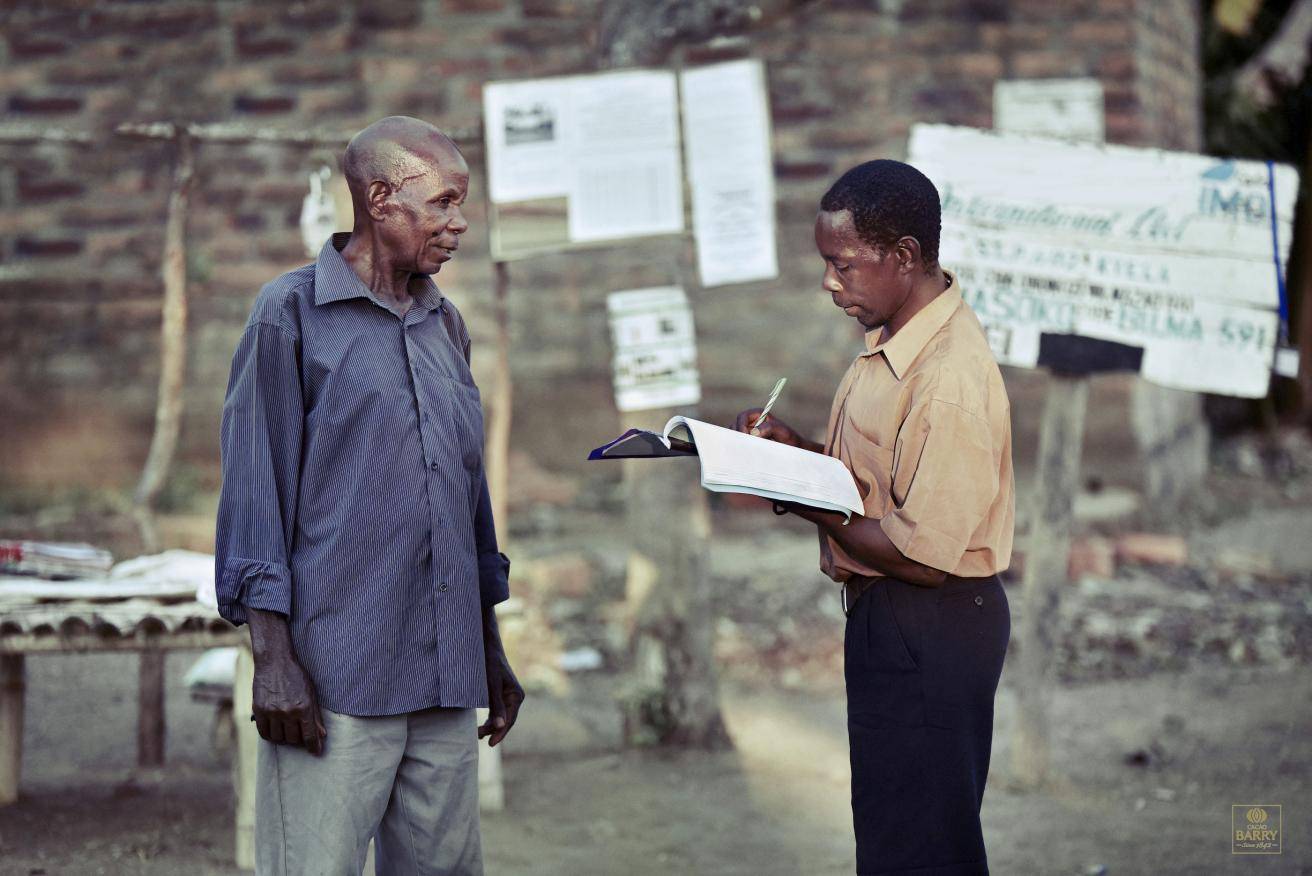
Our approach
Sustainability is at the heart of Barry Callebaut. Forever Chocolate is our commitment to have more than 500,000 cocoa farmers in our supply chain lifted out of poverty, eradicate child labor from our supply chain, become carbon and forest positive and have 100% sustainable ingredients in all of our products. On an annual basis we report on the progress of these time bound, measurable, targets, which are verified by a third-party auditor. Our fourth progress report, covering fiscal year 2019/20 (ending August 31, 2020), shows that, despite the challenges of COVID-19, the projects we put in place in the previous years continue to create scalable impact.
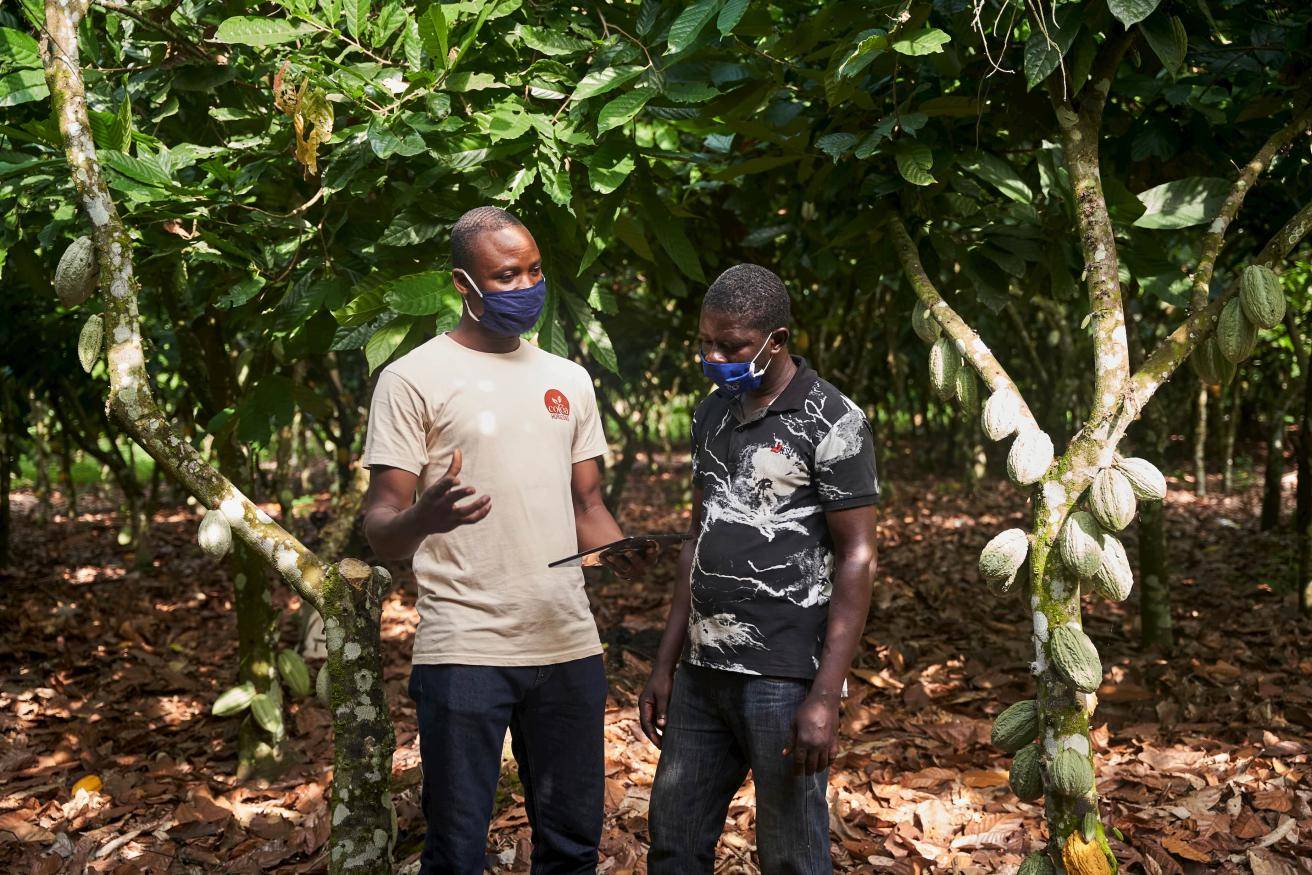
Prospering Farmers
Our goal
By 2025, more than 500,000 cocoa farmers in our supply chain will have been lifted out of poverty.
Our approach
As we progress towards our 2025 target of lifting more than 500,000 cocoa farmers in our supply chain out of poverty, we must continue to focus on scaling impact whilst refining our approach to solve the structural challenges facing cocoa farmers. Modernizing agricultural and cultivation methods, increasing yields, diversifying income and professionalizing farming are required to improve cocoa farmer livelihoods.
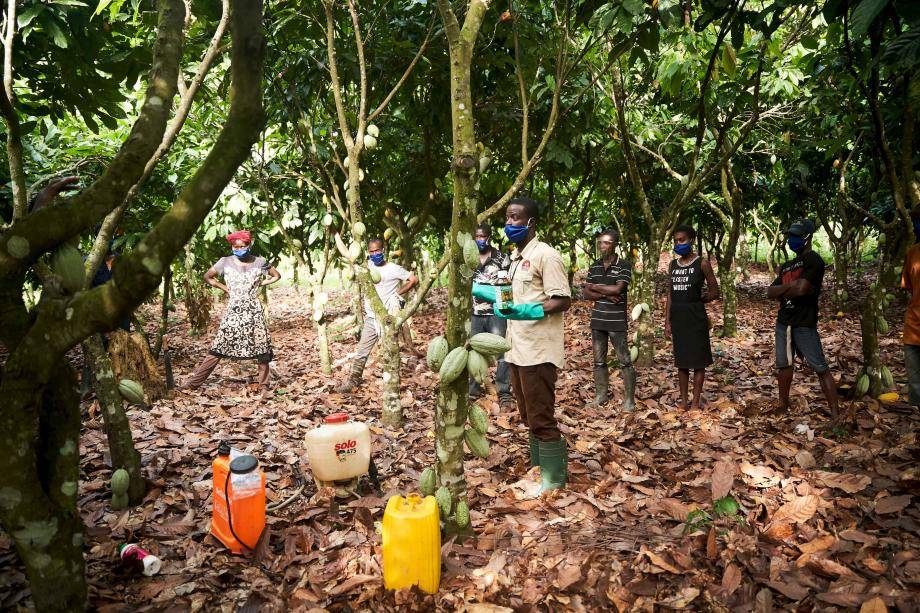
Our measured impact
-
143,233 cocoa farmers in our supply chain out of poverty, measured against the International Poverty Line threshold of USD 1.90/day.
-
71,972 cocoa farmers who had access to farm services, including coaching as well as other inputs such as tools, seedlings or finance
-
181,861 farms with geographical mapping and farmer census

Zero Child Labor
Our goal
By 2025, we will eradicate child labor from our supply chain.
Our approach
The worst forms of child labor continue to be present in cocoa farming, including in Côte d’Ivoire and Ghana, which accounts for approximately two-thirds of global cocoa production. The challenges facing children in cocoa-growing communities are rooted in interrelated, structural issues such as poverty, social exclusion and the lack of access to essential services, including quality education, health care, drinking water and sanitation facilities. Cocoa farmer poverty and a lack of income hinders the hiring of professional workers and the utilization of mechanization, which often leads to reliance on family members, including children, to undertake work which is classified as child labor.
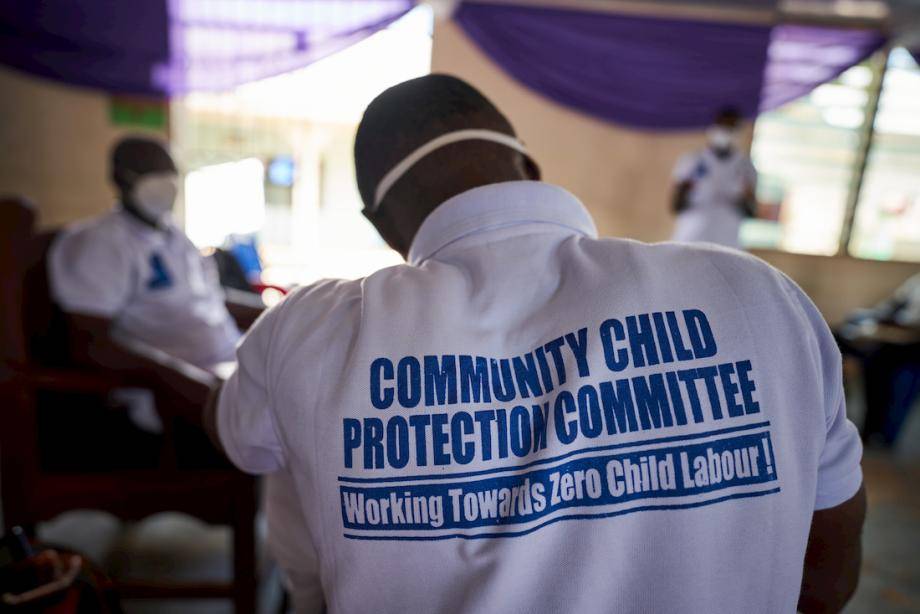
Our measured impact
-
22,965 cases of child labor cases identified
-
4’971 of the reported cases from 2018/19, under remediation
-
42% of the farmer groups we directly source from with whom we undertake child labor monitoring and remediation activities
-
32% of the cocoa and non-cocoa volumes sourced from third party suppliers whereby Barry Callebaut considers the risk of child labour is adequately addressed
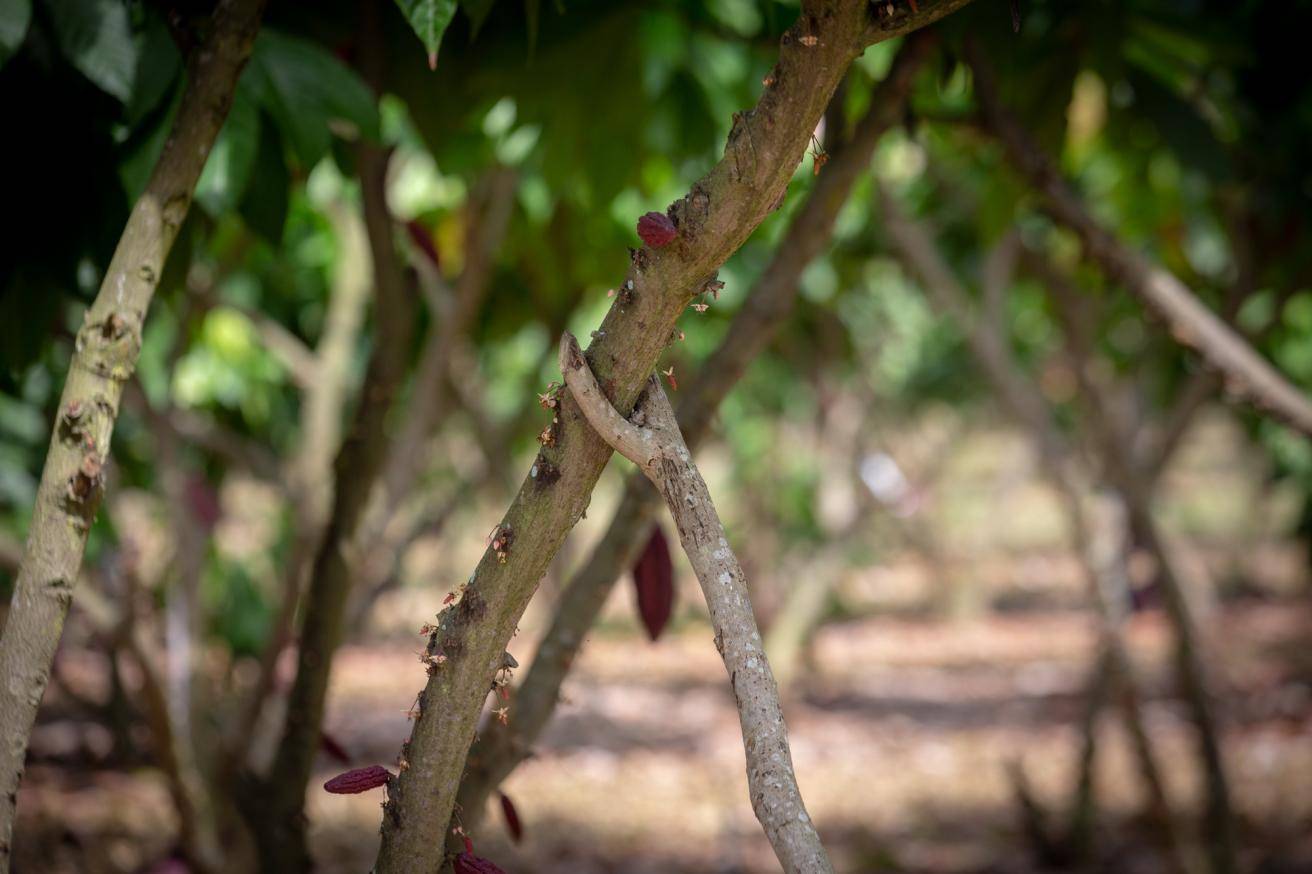
Thriving Nature
Our goal
By 2025 we will be carbon and forest positive
Our approach
Climate change can have severe impacts on agricultural regions. Droughts mean farmers can no longer rely on crucial rainfall, while deforestation leads to soil degradation. To ensure the stability of ecosystems, the chocolate industry must commit to reducing its carbon footprint and achieve a deforestation free supply chain.
In 2019/20 we successfully reduced our carbon footprint as well as led the testing and implementation of innovative industry-wide carbon reduction methods.
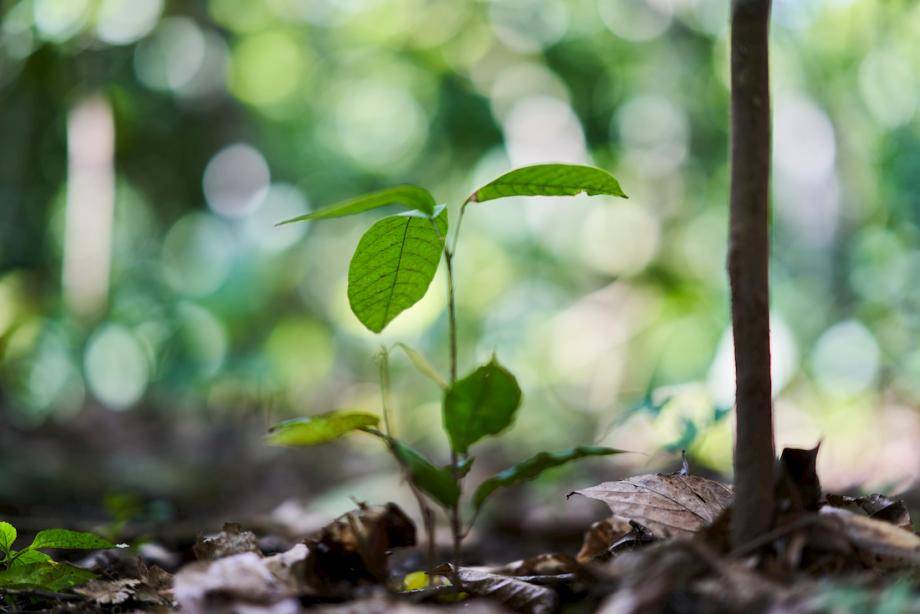
Our measured impact
-
–8.1% reduction in our carbon footprint
-
3.6 CO2e (CO2 equivalent) intensity per tonne of product
-
34% sourced raw materials demonstrated not to be contributing to deforestation

Sustainable Chocolate
Our goal
By 2025, we will have 100% sustainable ingredients in all our products.
Our approach
At Barry Callebaut we source a wide range of ingredients for our chocolate products, including dairy, palm oil, coconut oil, nuts, cane sugar, beet sugar, soy lecithin and vanilla. Approximately half of our sourced ingredients by volume are cocoa products and half are non-cocoa products. Each ingredient we use faces its own complex supply chain that varies from geographic region and subsequently presents its own unique sustainability challenges. To reach our target of 100% sustainable ingredients by 2025, we continue with the implementation of our sustainable sourcing programs across all ingredients. In parallel, we expand our sourcing of sustainable cocoa and ingredients and increase customer demand for sustainable products.
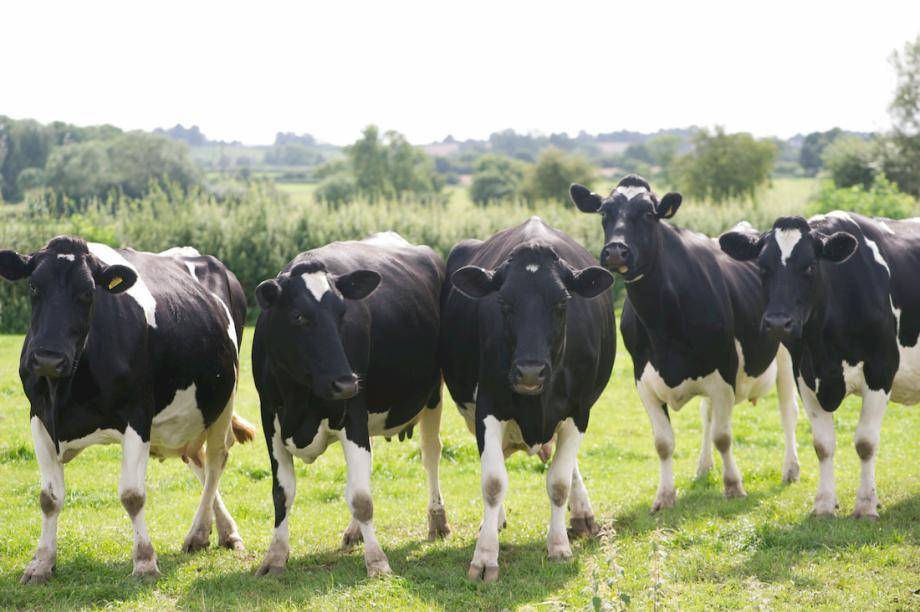
Our measured impact
-
47% of agricultural raw materials sustainably sourced
-
61% of sustainably sourced non-cocoa raw materials
-
37% products sold containing 100% sustainable cocoa or chocolate
